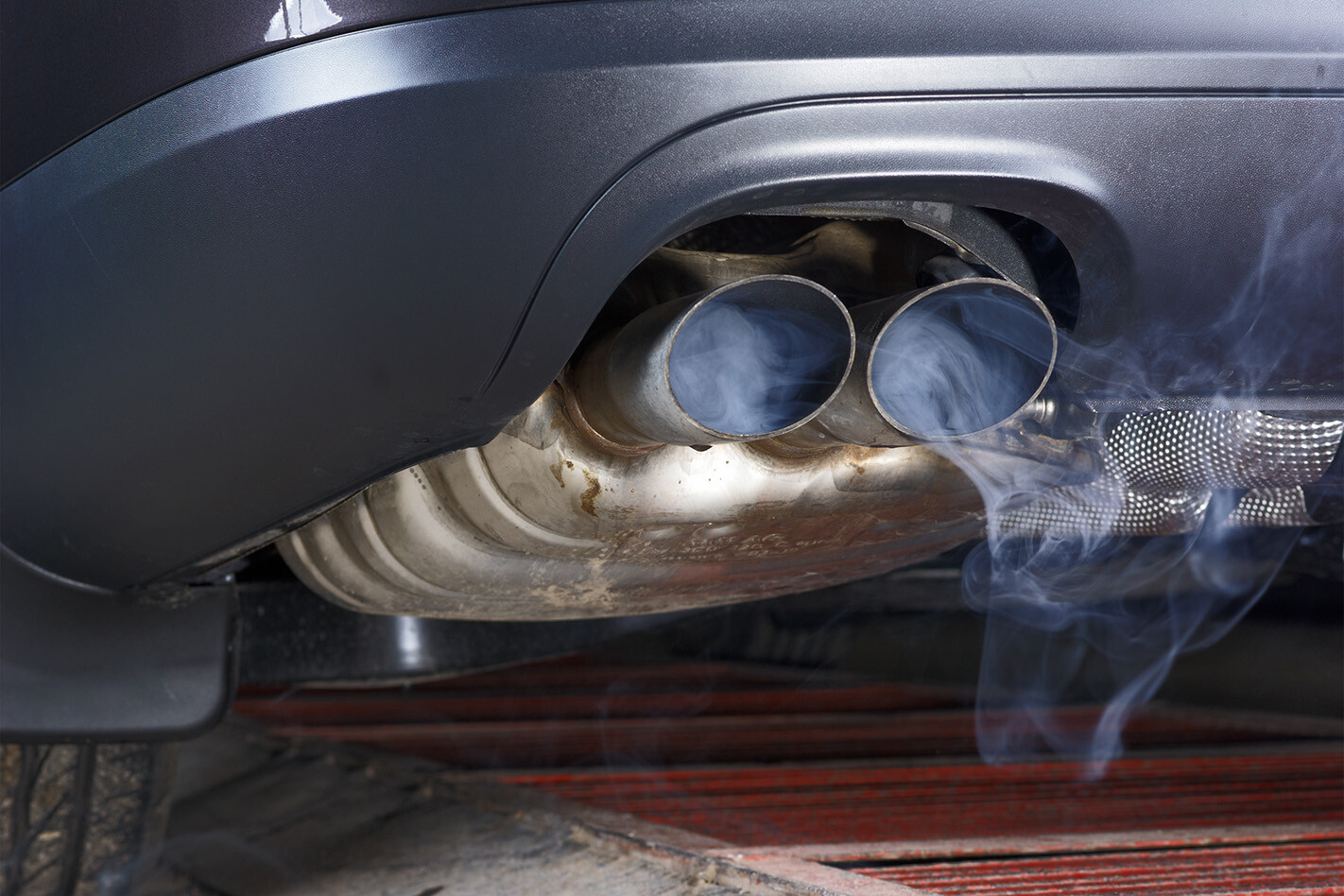Snapshot
- Testers will look for aftermarket software
- Inspections required every two years
- Some software remains exempt
Californian car enthusiasts are facing yet another challenge as the state’s emissions board cracks down on modified ECU software.
From today, the state’s Bureau of Automotive Repair (BAR) will check for ECU tunes during their biennial ‘smog checks’.
Cars will fail and be refused registration if inspectors discover software is not OEM-supplied, or approved via a California Air Resources Board (CARB) Executive Order. If found, owners will have to restore the software to an OEM version prior to re-inspection.
According to a post by industry body SEMA, the BAR was granted authority to perform such checks in 2013, and has been collecting information from inspected ECUs since 2015. The data collected includes ECU software file names, which will likely form the basis for identifying aftermarket software.
SEMA says it is working with the BAR to prevent emissions-compliant ECUs from failing smog checks. The post reads:
“BAR staff [have] expressed confidence that non-tuning ECU modifications, such as aftermarket wheel and tire [sic] calibrations, would not result in failed inspections.”
In California, once a vehicle is four years’ old, it must face a smog check before it is sold to a new owner. Once the car is eight years’ old, the test becomes mandatory every two years. Some exemptions apply, such as to vehicles made in 1975 or earlier.
A range of companies offer CARB-approved parts in California and other states which have adopted similar emissions rules, such as air intake maker K&N. Some ECU tunes are already permissible, provided they have earned a CARB Executive Order number.
The first Californian smog check system was implemented in 1984. As of 2019, 30 million vehicles were registered in the state, which has the most vehicles of any in the US. Studies have shown California’s polluted air causes up to 19,000 premature deaths per year.


Comments